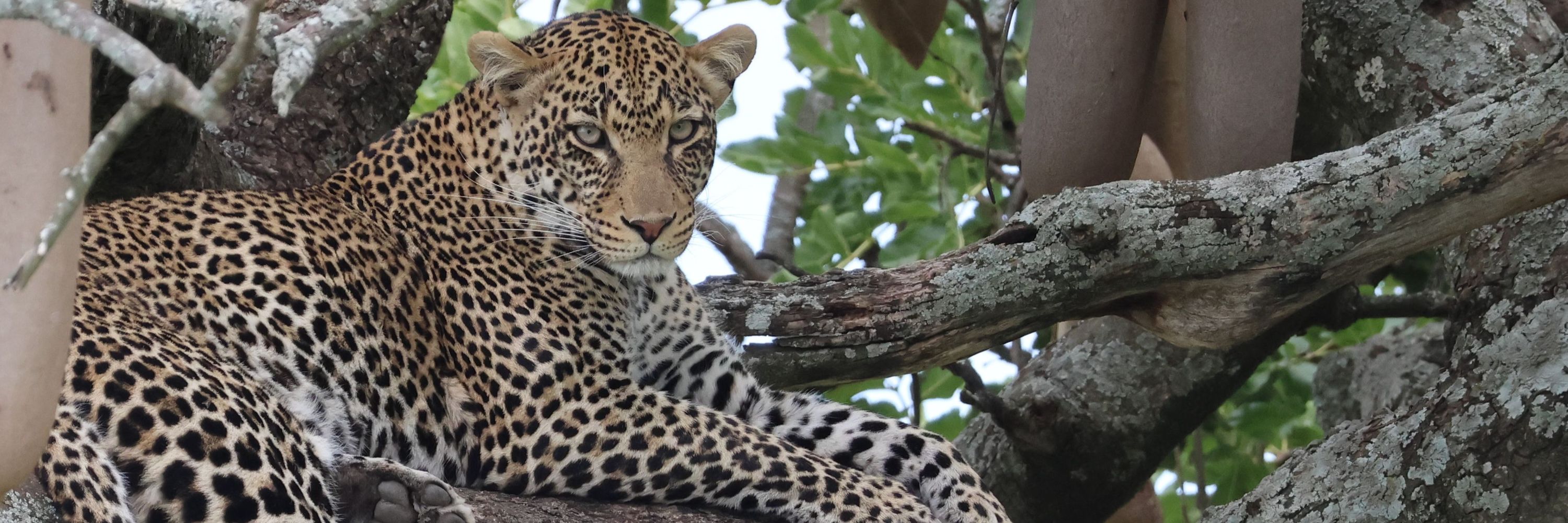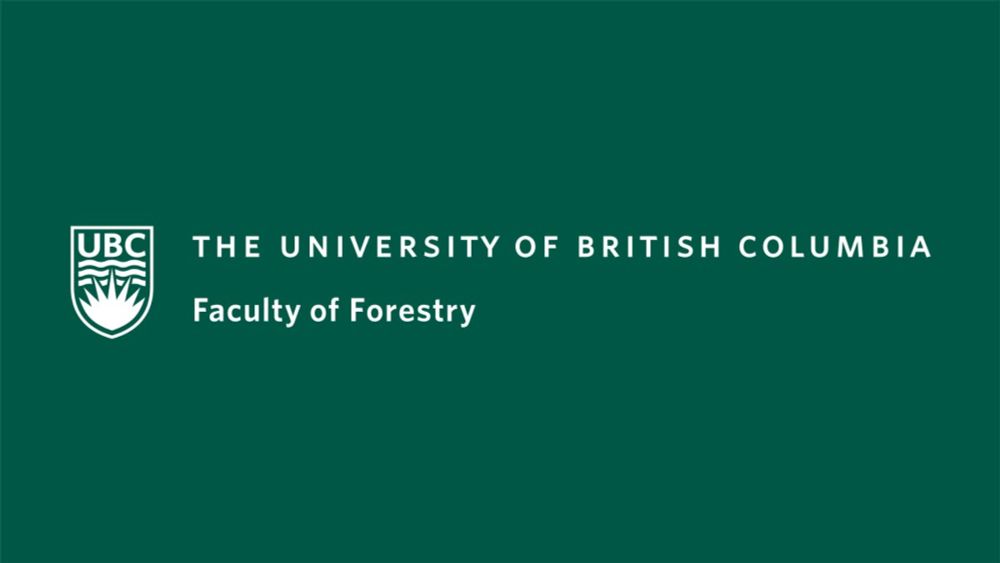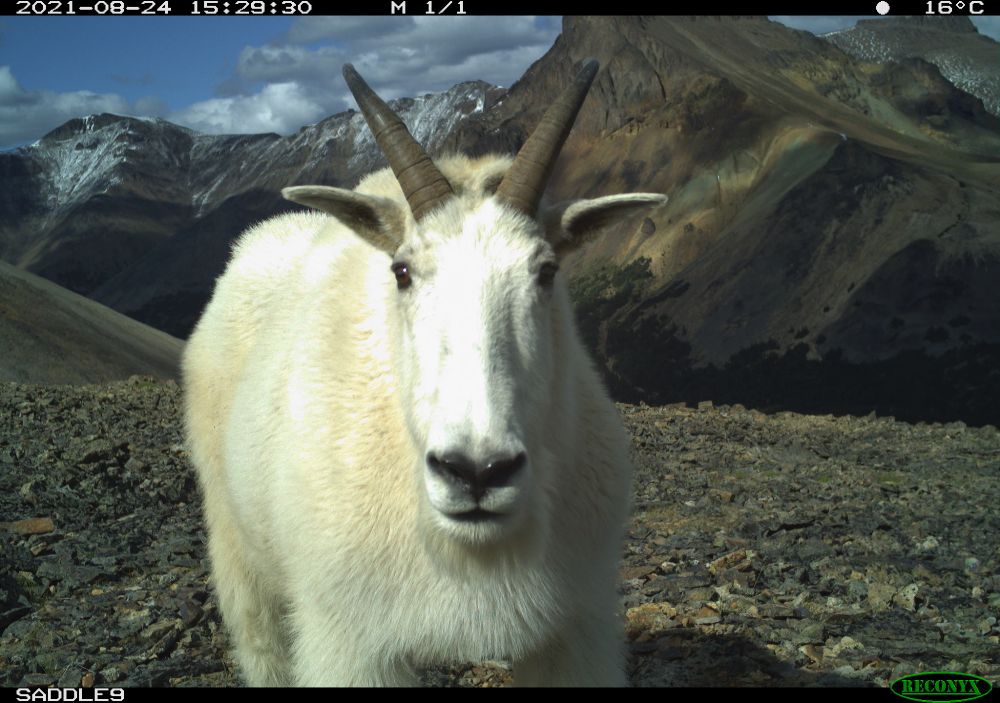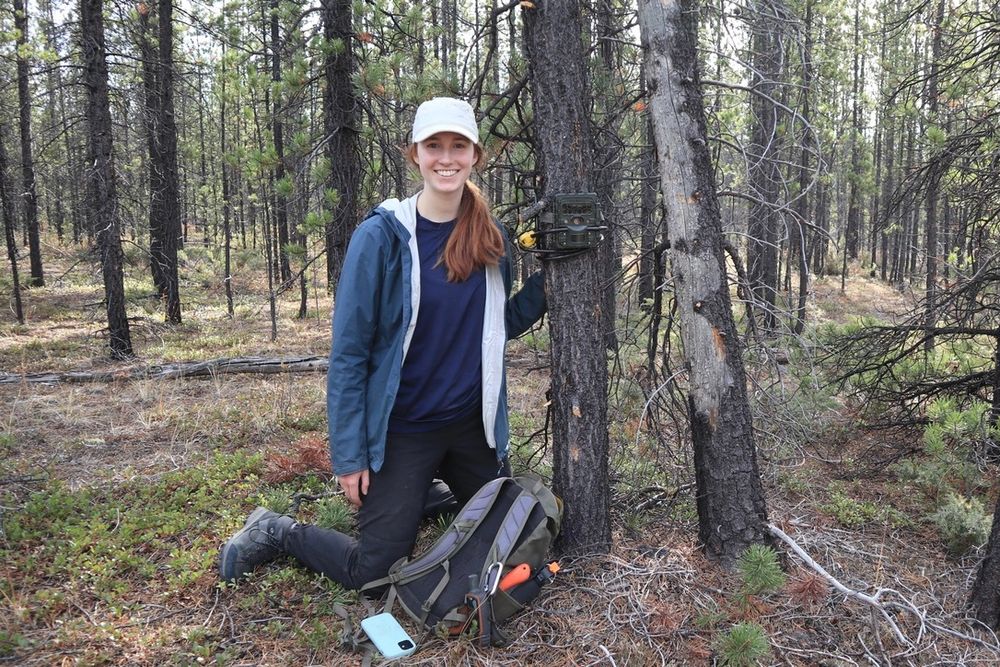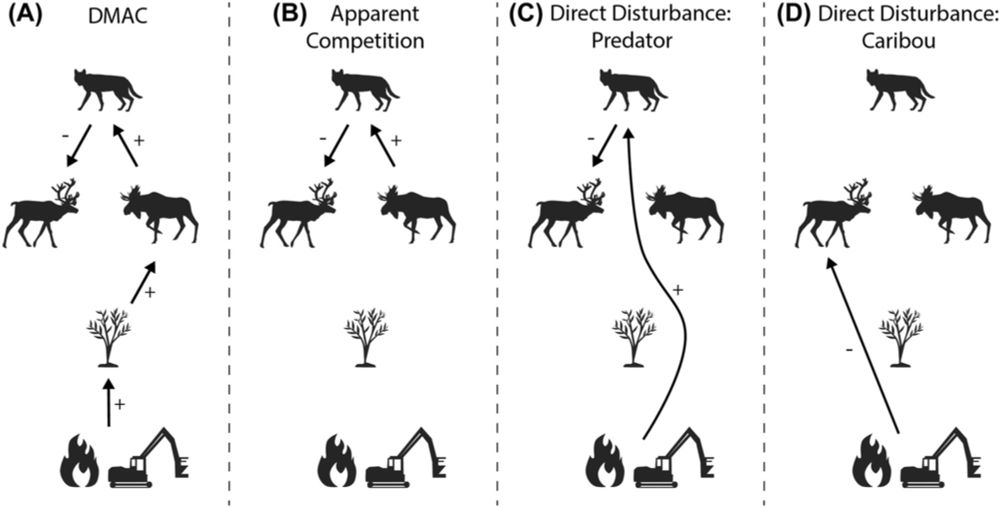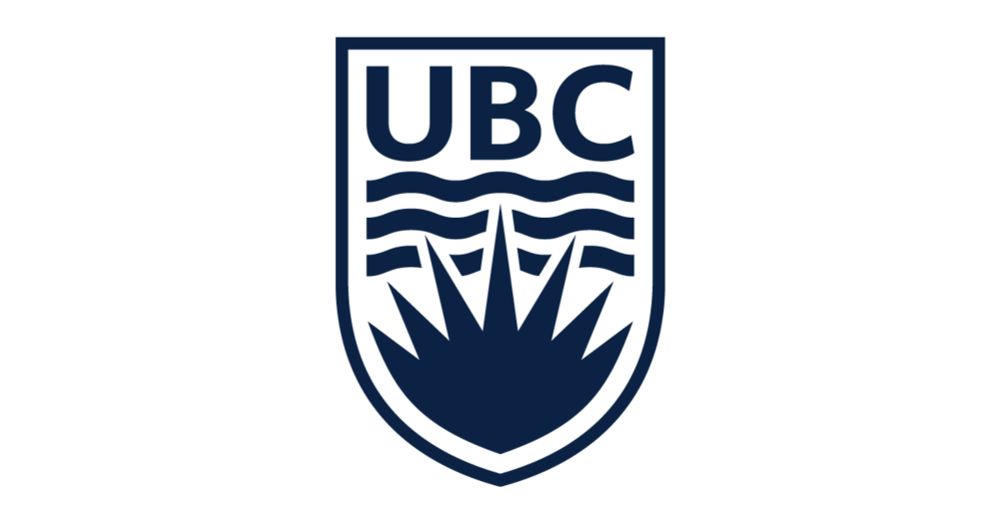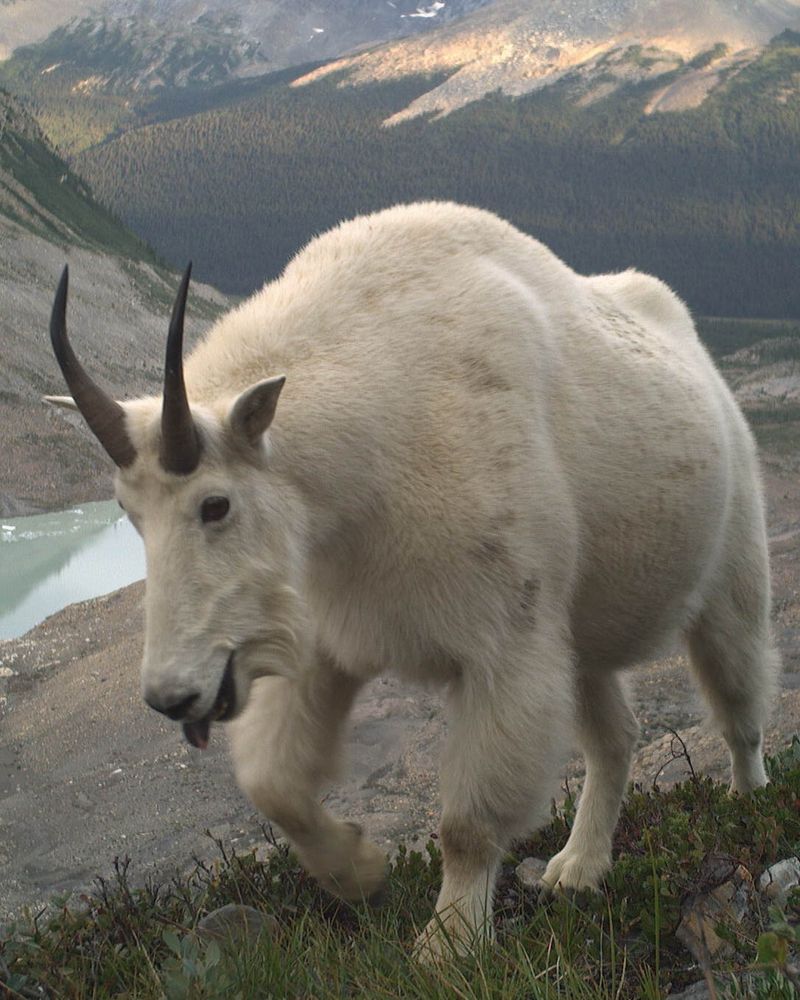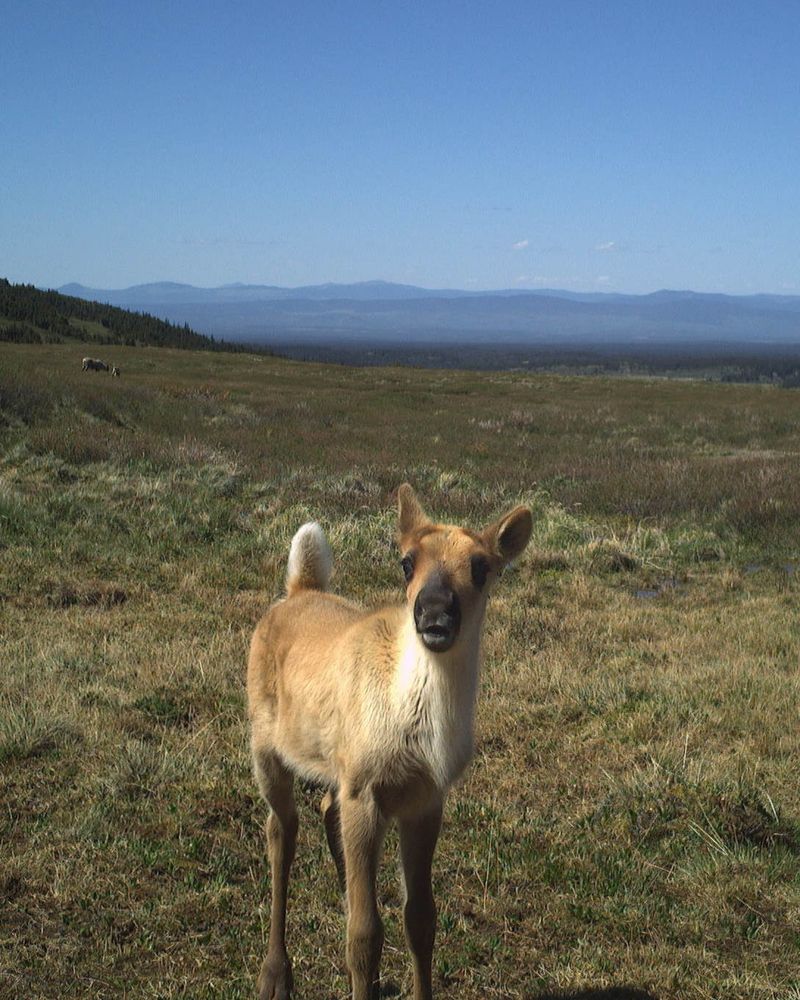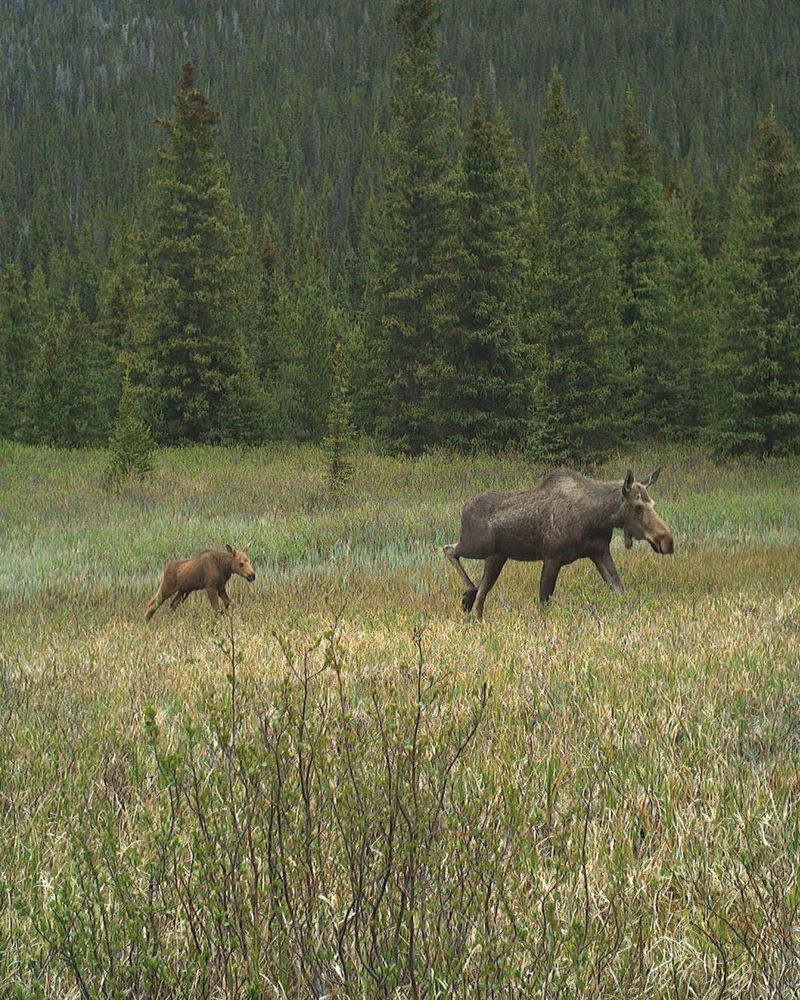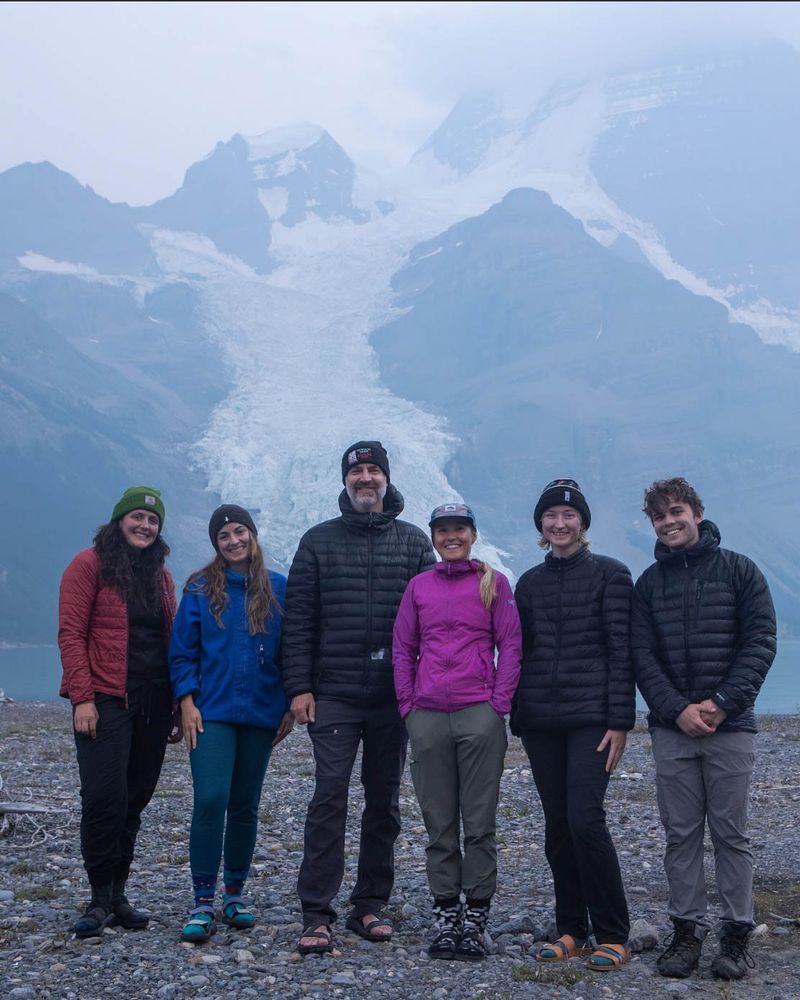Cole Burton
@coleburton.bsky.social
370 followers
140 following
14 posts
Wildlife Ecologist & Conservation Biologist; Canada Research Chair in Terrestrial Mammal Conservation; PI of Wildlife Coexistence Lab (WildCo) at University of British Columbia, Vancouver, Canada.
Posts
Media
Videos
Starter Packs
Cole Burton
@coleburton.bsky.social
· May 23

Northern boreal caribou conservation should focus on anthropogenic disturbance, not disturbance-mediated apparent competition
Understanding the relative importance of threats to species across their range is critical for large-scale conservation planning. Scaling-up localized…
www.sciencedirect.com
Reposted by Cole Burton
Cole Burton
@coleburton.bsky.social
· Apr 4

Climate change mitigation through woodland caribou (Rangifer tarandus) habitat restoration in British Columbia - IOPscienceSearch
Climate change mitigation through woodland caribou (Rangifer tarandus) habitat restoration in British Columbia, Maltman, James C, Coops, Nicholas C, Rickbeil, Gregory J M, Hermosilla, Txomin, Burton, A Cole
iopscience.iop.org
Reposted by Cole Burton
Reposted by Cole Burton
Cole Burton
@coleburton.bsky.social
· Jan 3
Cole Burton
@coleburton.bsky.social
· Jan 3
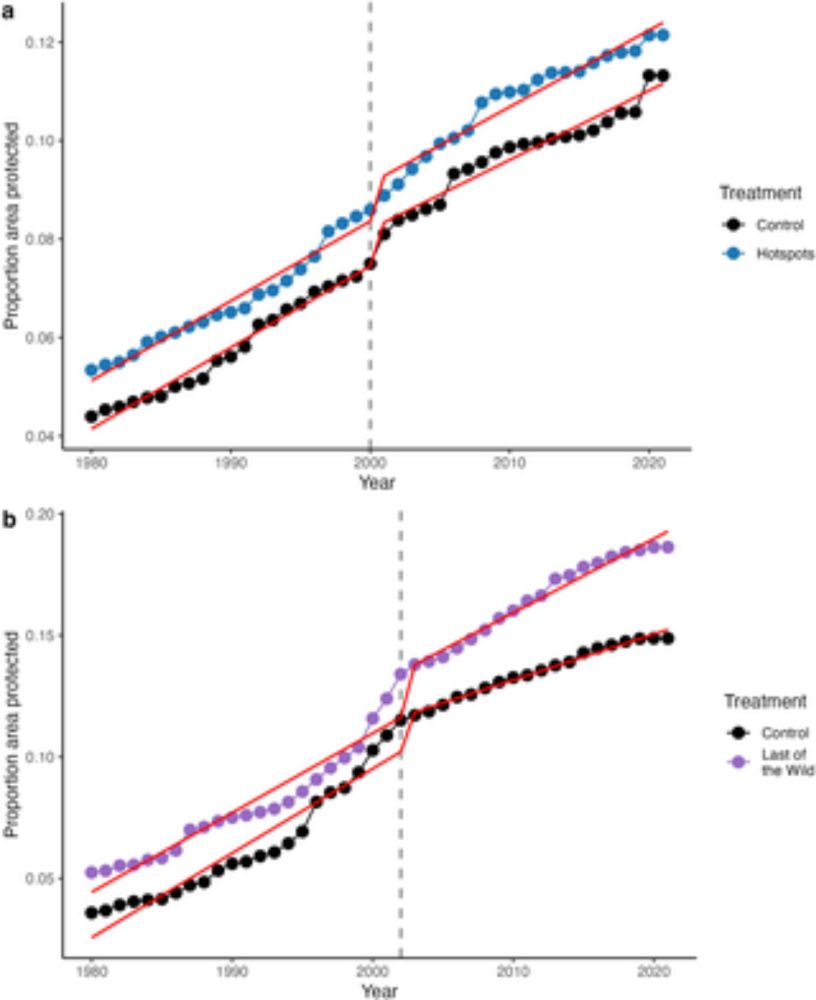
Global prioritization schemes vary in their impact on the placement of protected areas
In response to global declines in biodiversity, many global conservation prioritization schemes were developed to guide effective protected area establishment. Protected area coverage has grown dramat...
journals.plos.org
